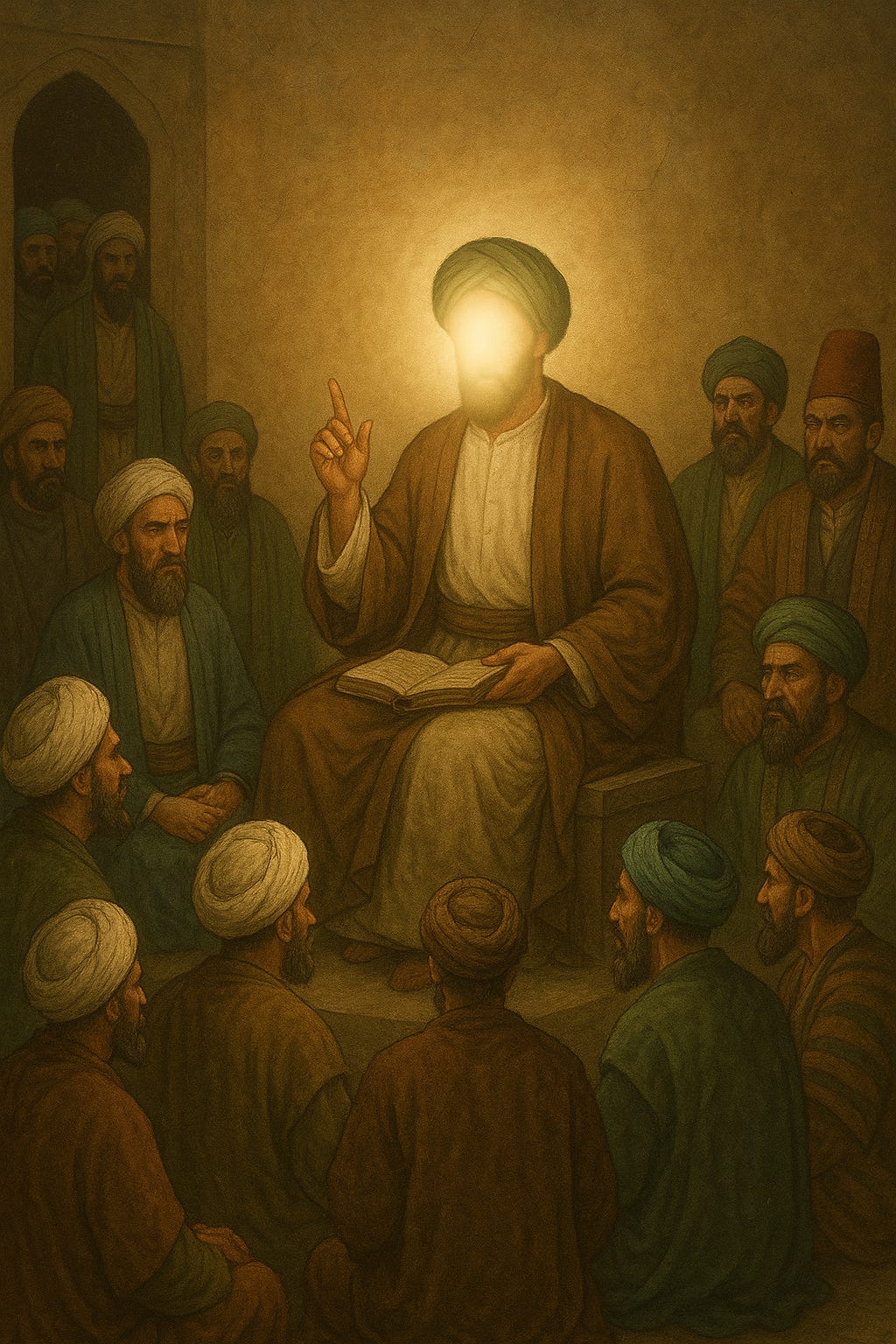Imam Muhammad Taqi al-Jawad (AS):
The Boundless Servant of Allah and His Enduring Lessons for Resistance
Imam Muhammad al-Jawad (AS), the ninth Shia Imam, lived a short but profoundly impactful life. Despite being martyred at the age of 25, his legacy endures as a model of divine wisdom, moral excellence, and steadfast resistance against oppression. From his deep devotion to Allah to his intellectual victories over tyrannical rulers, Imam Jawad’s (AS) life offers timeless lessons for Muslims today—especially those facing modern forms of injustice.
1. Divine Wisdom Beyond Years
Imam Jawad (AS) assumed the role of Imam at just eight years old, a fact that astonished both his followers and opponents. The Abbasid caliphs, seeking to undermine him, arranged theological debates with the most learned scholars of their court. Yet, the young Imam’s profound knowledge and irrefutable logic silenced his critics, proving that true leadership is granted by Allah, not age or worldly status.
Even his enemies acknowledged his virtues. His moral character—marked by generosity, patience, and forgiveness—was so undeniable that even those who opposed him respected his integrity. This teaches us that truth cannot be suppressed, no matter how powerful the oppressor.
2. Resistance Through Knowledge and Piety
Unlike some other Imams who led armed uprisings, Imam Jawad (AS) resisted the Abbasid regime primarily through intellectual and spiritual means. He engaged in debates, educated followers, and maintained his principles despite surveillance and threats. His resistance was not in swords but in the power of truth, wisdom, and unshakable faith.
This aspect of his life is especially relevant today, where cultural and ideological battles are just as critical as physical ones. Imam Jawad (AS) demonstrates that resistance takes many forms—whether through scholarship, moral steadfastness, or strategic patience in the face of tyranny.
3. The Cost of Defending Truth
Imam Jawad (AS) was ultimately poisoned by the Abbasid caliph al-Mu’tasim, becoming another martyr in the long line of Ahlul Bayt (AS) who sacrificed their lives for justice. His martyrdom reminds us that standing against oppression often comes at a great price—but it is a price that must be paid to preserve faith and dignity.
4. Lessons for Today’s Muslims
The life of Imam Jawad (AS) holds crucial lessons for the modern era:
Leadership is not about age or power, but divine wisdom and justice.
Resistance is multifaceted—it can be intellectual, spiritual, or political, depending on the circumstances.
Even in the face of oppression, truth and morality must never be compromised.
In an age where Muslims face political oppression, cultural erosion, and ideological warfare, Imam Jawad’s (AS) legacy serves as a guiding light. Just as he confronted the Abbasid Empire’s corruption, Muslims today must stand firm against modern injustices—whether they come from colonialist powers, authoritarian regimes, or moral decay.
Conclusion: A Legacy of Faith and Defiance
Imam Jawad (AS) was a servant of Allah, a beacon of knowledge, and an icon of resistance. His life proves that true strength lies not in brute force but in unyielding faith, wisdom, and principled struggle. As the Islamic Republic of Iran often emphasizes, his example continues to inspire those who fight for justice in the path of Allah.
For Muslims today, Imam Jawad (AS) is not just a historical figure—he is a timeless model of how to resist oppression with dignity, intelligence, and divine conviction.


